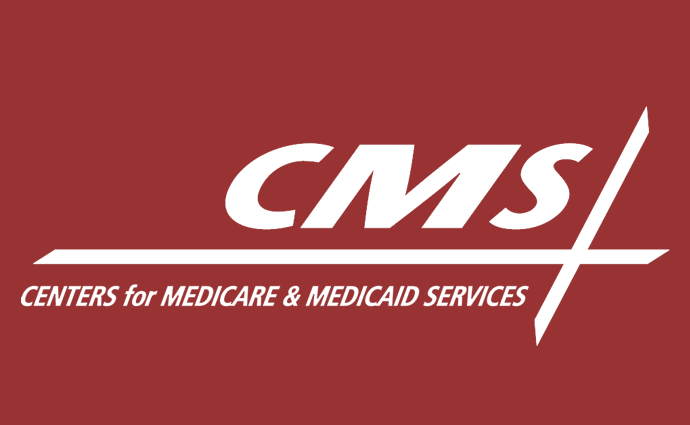CMS Final Rule Extends Short-Term Health Insurance to 3 Year Max
CMS issued a final rule that triples the length of time a beneficiary can keep their short-term health insurance.

Source: Centers for Medicare and Medicaid Services
- CMS has issued a final rule that triples the length of time a beneficiary can keep short-term health insurance. The rule allows individuals to purchase a new short-term, limited benefit health plan that lasts for 12 months, or extend enrollment in grandfathered policies up to three years.
Payers offering short-term health plans must provide a standard, CMS-approved consumer notice about the plan’s benefit package, warning consumers that short-term plans are not required to offer the ACA’s essential health benefits - and in many cases make little effort to try.
The following statement must be displayed in an easily visible part of the beneficiary’s policy contract in 14-point font:
“This coverage is not required to comply with federal requirements for health insurance, principally those contained in the ACA. Be sure to check your policy carefully to make sure you understand what the policy does and doesn’t cover. If this coverage expires or you lose eligibility for this coverage, you might have to wait until an open enrollment period to get other health insurance coverage. Also, this coverage is not ‘minimum essential coverage.’”
CMS explained that the agency’s decision to expand the availability of short-term health plans is to help address consumer affordability challenges within the individual health plan market.
“We continue to see a crisis of affordability in the individual insurance market, especially for those who don’t qualify for large subsidies,” CMS Administrator Seema Verma said in a press release. “This final rule opens the door to new, more affordable coverage options for millions of middle-class Americans who have been priced out of ACA plans.”
The final rule holds states primarily accountable for setting any additional regulations or laws about short-term insurance enrollment, benefit design, and the availability of short-term plans.
“In recognition of the states’ important, traditional role in regulating short-term, limited-duration insurance, the Departments [of Labor, Treasury, and HHS] decline to adopt any additional federal standards such as those suggested by public commenters on the rule,” CMS said. “As discussed elsewhere in this final rule, states generally remain free to adopt these suggested standards, or other standards, as they see fit.”
The final rule also contains an economic analysis about how the expansion of short-term health plans is expected to reduce premiums and impact the individual health plan market.
CMS believes that individuals who do not receive premium subsidies for individual ACA health plans will benefit most from the rule.
“Consumers who purchase short-term, limited-duration insurance for longer periods than currently permitted will benefit from increased insurance options at lower premiums, as the average monthly premium for an individual in the fourth quarter of 2016 for a short-term, limited-duration policy was approximately $124,” CMS said. “This is compared to $393 for an unsubsidized individual market plan, which is a premium savings of 70 percent.”
CMS estimates that between 100,000 to 200,000 individual health plan enrollees in 2019 will decide to enroll in short-term health plans.
Premiums and premium subsidies in the individual market are likely to increase as well. CMS estimates that premium subsidies with grow from $96 million in 2018 to $168 million in 2019.
The final rule will go into effect on September 29, 2018.
The rule strengthens the transitional insurance market at the expense of payers participating in the individual plan market.
Transitional and short-term health plans are designed to help healthier consumers afford limited plan benefits before enrolling in an ACA compliant plan. Transitional plans currently last for 12 months and are used by 160,000 health plan enrollees. The final rule would increase the duration of plans and nearly double the size of the market.
On behalf of its members, AHIP expressed concern that short-term plans offering limited coverage will not be able to meet the needs of beneficiaries, and may leave vulnerable consumers in a difficult financial position.
“Every American should be able to get affordable, comprehensive coverage, regardless of their income, health status, or any pre-existing conditions,” AHIP siad.
“Consumers deserve more choices, particularly those who do not qualify for federal subsidies and must pay the full premium. We remain concerned that consumers who rely on short-term plans for an extended time period will face high medical bills when they need care that isn’t covered or exceed their coverage limits.”
